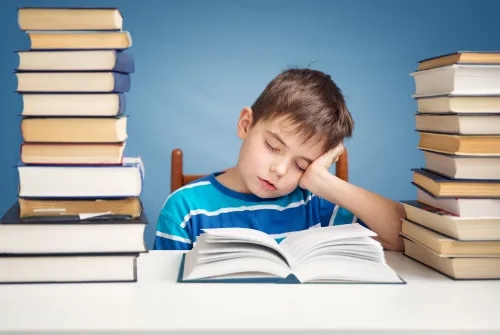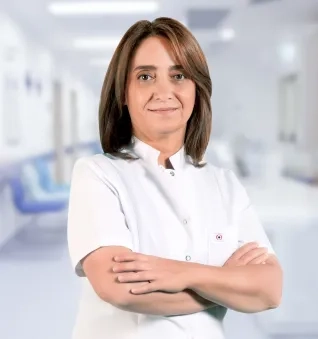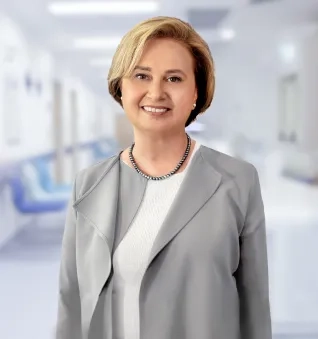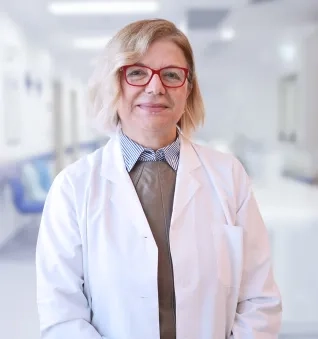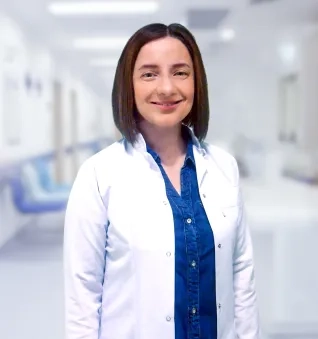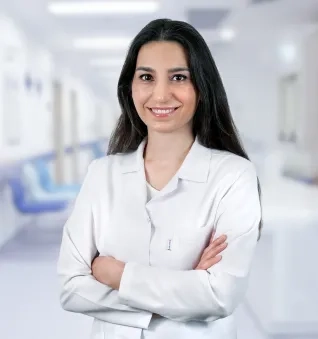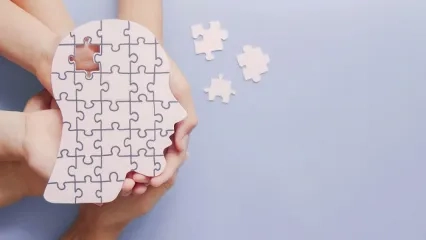Alo Yeditepe
Alo Yeditepe
School Stress Invites Sleepwalking
Sleepwalking, which is qualified as a sleep disorder disease, is seen during childhood the most. School and exam stress rank first among the factors that trigger sleepwalking, which is found in one out of every five-six children aged 12 and below. Warning the families, Yeditepe University Koşuyolu Hospital Neurology Specialist said, "Parents have their children get on the school bus at dark in the morning to send them to good schools, the child has to travel for hours. This leads to extreme fatigue and sleep deprivation. Sleep deprivation, on the other hand, can trigger sleepwalking by increasing the intensity of deep sleep. Not success but health should be kept at the forefront for the child, especially during the pre-high school age."
"It is Seen in One Out of Every Five-Six Children"
Giving important information about sleepwalking, which is quite common in childhood, the Specialist said, "Sleepwalking is a disease of deep sleep. It is a condition in which the individual wakes up without consciousness, switches into a state of mobility to the extent that they can open doors and windows, which is called ambulation, cannot be easily awakened, and finds themself having woken up in another place or having returned to bed again. The incidence begins to increase after the child starts walking. This risk is high until the age of 12. It is seen in one out of every five-six children It decreases with adolescence, falling to about one percent in adulthood. The reason why it is common in childhood is related to the organization of sleep. Because children do not have the sleep organization as adults. This process begins forty days after birth and is completed until puberty. That is why the incidence of sleepwalking also decreases after the age of 12."
"In Childhood Genetic Predisposition is an Important Factor"
Emphasizing that the genetic infrastructure is important in childhood sleepwalking, Neurology Specialist pointed out that other pathologies may lie under adulthood sleepwalking and continued as follows:
"In childhood sleepwalking, there is usually a history of sleepwalking in the family one or two generations ago. Genetic predisposition is at the forefront. In adulthood sleepwalking, the stress-related factors are more intense. In addition, issues such as restless legs syndrome, sleep apnea, parasomnias, and sleep-related panic disorder are at the root of sleepwalking.
"It is Not Dangerous If the Necessary Precautions are Taken"
Stating that school and exam stress, as well as fatigue, invite sleepwalking during childhood, our specialist indicated that this could be prevented by behavioral therapies aimed at coping with exam stress for children of this age or relaxing exercises for some children with high anxiety levels, adding: "Sleepwalking is a benign disease if the necessary measures are taken in the long term. It's nothing to be afraid of. It must be investigated whether there is another underlying cause. In addition, the necessary precautions must be taken against situations where the individual has the potential to harm themself. For example, a special lock can be inserted on the windows, parents can lock the door and take the keys with them before the child goes to bed, and cutleries, electrical tools, etc., with which the child can injure themself, must be cleared away."
If It is Life-Threatening, Medication Treatment is Needed
Explaining the primary measures that can be taken to prevent sleepwalking, Yeditepe University Neurology Specialist said, "Things that can increase the intensity of deep sleep should be avoided, such as sleep deprivation the night before, a dinner with excessive carbohydrates. Deep sleep also needs to have a certain intensity. Excessive deep sleep can cause problems. If the child experiences excessive sleep deprivation in the evening, they can be put to sleep for 1-1.5 hours during the day. If sleepwalking occurs a certain period after the child falls asleep, the condition can be treated through a behavioral therapy called "programmed wake-up." To find out if there is another sleeping disorder, the patient may need to be hospitalized in a sleep laboratory. If life-threatening conditions occur frequently, various medications (such as some antidepressants, sleep medications, and melatonin supplements) may accompany treatment. But they must be used under the supervision of a doctor."
Press Coverage: cumhuriyet.com | halktv.com | sabah.com | odatv.com | posta.com | sozcu.com
This content was prepared by Yeditepe University Hospitals Medical Editorial Board.
”
See Also
- What is Parkinson's Disease? What are the Symptoms of Parkinson's Disease?
- Brain Health is Determined by Lifestyle, Not Age!
- Pudendal Nerve Compression
- Curiosities About Cerebral Palsy
- The Use of Botox in Neurological Diseases
- Current Approach to Dizziness Treatment: Balance Perception Rehabilitation
- What is a Stroke (Apoplexy)?
- How to Protect Brain Health?
- Epilepsy Symptoms, Diagnosis and Treatment Methods
- Multiple Sclerosis (MS) Disease, Symptoms, and Treatment
- What is Myasthenia Gravis Symptoms and Treatment Methods
- Persistent Fatigue of Unknown Cause Could Indicate MS!
- Neurological Involvement
- Lumbar Disc Herniation (Herniated Disc)
- What is Epilepsy?
- 10 Important Myths in Alzheimer's Disease
- Consanguineous Marriage Increases the Risk of Epilepsy 40 Times
- Daughter-in-Laws Care for Alzheimer's Patients
- Recommendations From The Expert For Migraine Patients
- As Insomnia Increases, Its Harmful Effects on the Immune System Also Increase
- 8 Tips for Better Sleep
- Vitamin D Deficiency Disrupts the Course of MS
- Initial Symptoms of ALS Considered To Be Nerve Compression
- Healthy Microbiota Reduces the Risk of Alzheimer's
- Don’t Risk Your Brain!
- Weather Change Triggers Migraine Attacks
- Patients with Refractory Epilepsy May Lose Time Until They Receive a Proper Diagnosis
- What is MS Disease (Multiple Sclerosis)?
- Migraine and Its Treatment
- Pay Attention to the Temporary Complaints of MS!
Alo Yeditepe

